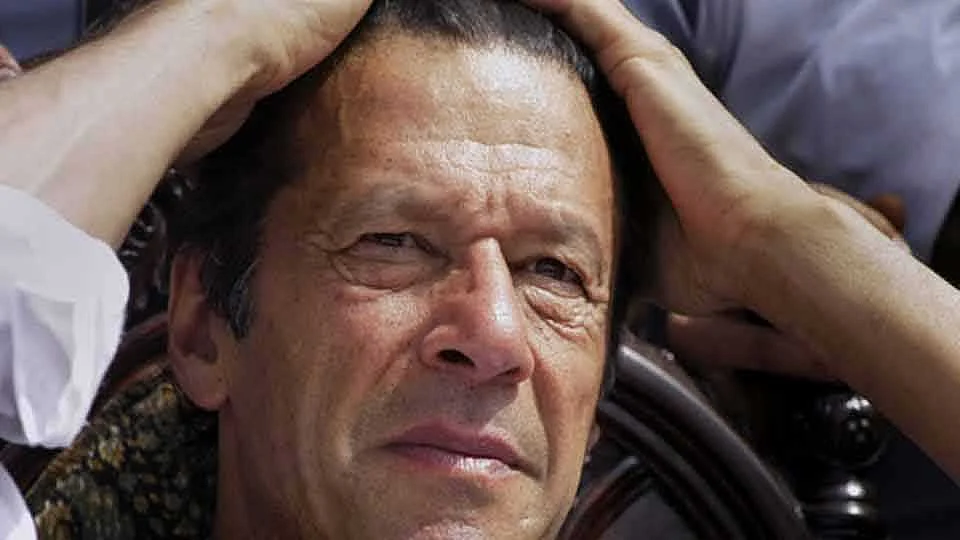Pak economy witnesses record high fiscal deficit
Pakistan’s economy is plunging into a deep crisis, even as PM Imran Khan and other leaders are preoccupied with issuing threats of war and jihad against India after the abrogation of Article 370

Pakistan's economy is plunging into a deep crisis, even as its Prime Minister and all other leaders are preoccupied with issuing threats of war and jihad against India after the abrogation of Article 370 in Jammu and Kashmir.
The Pakistan Ministry of Finance released details of fiscal operations on Tuesday which show the frightening situation that the Pakistan economy is in.
The first year of the Pakistan Tehreek-i-Insaf (PTI) government has concluded with a record 8.9% fiscal deficit -- perhaps the highest in the country's history -- as revenues plummeted while expenditures remained at the same level they were the previous year, when expressed as a percentage of GDP. In absolute terms, however, expenditures broke previous records while revenues were stagnant, Dawn News reported.
All major fiscal indicators showed deterioration over the outgoing fiscal year that ended on June 30, 2019. The numbers show that whatever efforts were made to control a blow-out on expenditures ended in grief, even though sharp revenue shortfalls had begun to surface much earlier in the first three quarters of the year. Much of the increase in the deficit came in the last quarter, it seems.
"I have never seen such a high fiscal deficit in my career," said Ashfaque Hassan Khan, the former economic adviser and now dean of the business school at National University of Science and Technology (NUST), adding that the Ministry of Finance never focused on expenditure control while revenues were heading to historic shortfalls.
The deficit jumped despite a steep 45% lower development spending during fiscal year 2018-19 when compared to a year before. This was evident from the fact that total Public Sector Development Programme (PSDP) spending during 2018-19 was curtailed at Rs 1.008 billion compared to Rs 1.456 billion in 2017-18.
The data given by the Finance Ministry reveals that the overall tax to GDP ratio flattened out to 12.7% in 2018-19 compared to 15.2% in the last year of the PML-N government in 2017-18. In a rare phenomenon the total revenues fell by 6.3% in absolute terms. This meant that the government's tax machinery showed negative performance both in terms of absolute numbers and as percentage of GDP.
Tax revenues remained unchanged and did not show any improvement in absolute terms but fell to 11.6% of GDP in 2018-19 when compared to 13% in 2017-18. Both federal and provincial taxes remained unchanged in absolute terms.
Total expenditure on the other hand amounted to 21.6 per cent of GDP in 2018-19, slightly lower than 21.8% of GDP in 2017-18. In absolute numbers, the current expenditure amounted to a mammoth Rs 8.345 trillion compared to Rs 7.488 trillion of the previous year.
Follow us on: Facebook, Twitter, Google News, Instagram
Join our official telegram channel (@nationalherald) and stay updated with the latest headlines